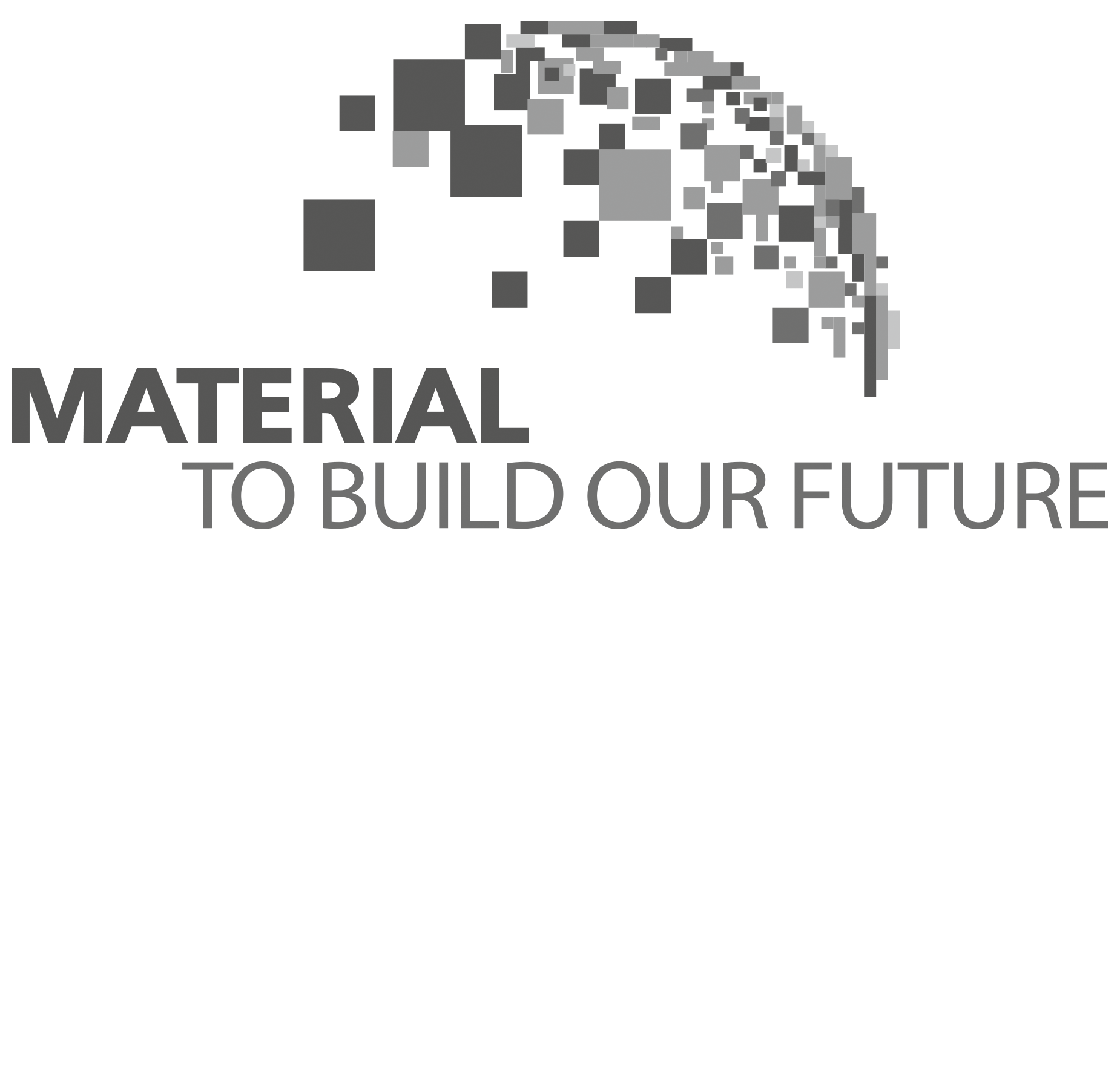
Major Types of Concrete Mix Ratios
Mastering Concrete Mix Ratios: A Guide to the Primary Types and Their Uses
What are the Major Types of Concrete Mix Ratios?
Concrete is used to build anything from sidewalks and highways to skyscrapers and flyovers and is one of the most essential building materials.
It is the single most significant building material today, and dealing with such material requires careful attention to its mixing proportions.
This composite substance comprises cement, water, and aggregates (such as sand, gravel, or crushed stone), with various ratios resulting in different forms of concrete.
In this blog, we will be covering the major types of concrete mix ratios that will help you select the ideal concrete supplier.
1. Standard Concrete Mix
The standard mix, which has a ratio of 1:2:3 (cement: sand: aggregates) or 1:1.5:3.5, is the most popular kind of concrete mixture (cement: sand: gravel).
This mix is malleable and hence can be used in multiple projects, such as foundations, walls, and slabs. The curing process, material quality and the water-cement ratio significantly affect the durability and strength of the concrete.
2. High-Strength Concrete Mix
Cement-to-aggregate ratios in high-strength concrete mixtures are generally 1:2:2 or 1:1.5:2.5. This mixture is utilised in situations where significant strength is necessary, such as in heavy-duty or tall constructions.
3. Lightweight Concrete Mix
A lightweight concrete mix is made by replacing some of the traditional aggregates with lightweight materials, such as expanded shale or clay, perlite, or vermiculite. This mix is ideal for applications where weight is a concern, such as in precast concrete panels or roofing tiles.
4. Reinforced Concrete Mix
A reinforced concrete mix is a standard mix with the addition of steel reinforcement bars or rebar. The ratio of rebar to concrete will depend on the application but typically ranges from 1-3% of the total volume.
This mix is used in applications where additional strength and durability are required, such as in bridges or retaining walls.
5. Ready Mix Concrete Mix
Ready-mix concrete is pre-mixed concrete that is supplied to the construction site by a concrete supplier.
The mix is prepared in a central batching plant, and the ingredients are mixed together in the truck during transport. It is perfect for large construction projects, as it allows for quick and efficient delivery and placement.
6. Chipping Mix Concrete Mix
Chipping mix concrete is a mix that contains large aggregates, such as chippings or stones, in addition to the traditional sand and gravel aggregates. It is commonly used in applications where a decorative finish is required, such as driveways or patios.
7. Self-Consolidating Concrete Mix
Self-consolidating concrete mix, or SCC, is a high-flow mix that does not require vibration to fill moulds or forms.
It is made using a mix of cement, aggregates, and a viscosity-modifying admixture, which allows it to flow easily without segregating. This mix is best for applications where high-quality finishes are required, such as in decorative concrete.
8. Fibre-Reinforced Concrete Mix
This mix of concrete has been reinforced with fibres, such as steel, glass, or synthetic fibres. The fibres can be used in a range of applications, such as precast concrete panels and industrial flooring to provide the desired strengths.
Choosing the Right Concrete Mix
Your project's concrete mix selection will be influenced by a number of variables, such as the application, the required strength, and the desired finish.
Premix concrete and ready-mix concrete are popular options for those looking for convenience and quality assurance. Premix concrete is a dry mixture of cement, sand, and aggregates that can be mixed with water on-site.
Whereas, ready-mix concrete is pre-mixed concrete that is delivered to the construction site by a concrete supplier. Both premix and ready-mix concrete offer consistent quality and are ideal for large projects where time is of the essence.
It's crucial to take quality, dependability, and cost into account when selecting a concrete supplier. A supplier to choose is one who has a track record of delivering high-quality concrete and top-notch customer support.
The supplier's location should also be taken into account because it might affect delivery prices and delays.
All in All
There are several concrete mix ratios available, each with its own distinct qualities and applications.
There is a concrete mix that will suit your demands, whether you need a conventional mix for a foundation, a high-strength mix for a skyscraper, or a decorative mix for a patio.
By working with a reliable and established concrete supplier such as Hanson Malaysia, you can ensure that you have the proper mix for your project, delivered on time, and at a reasonable price.
